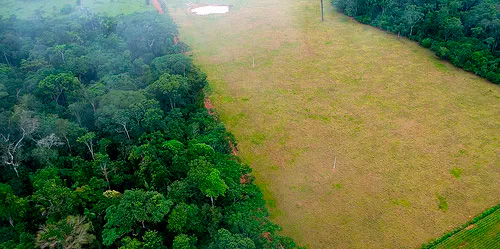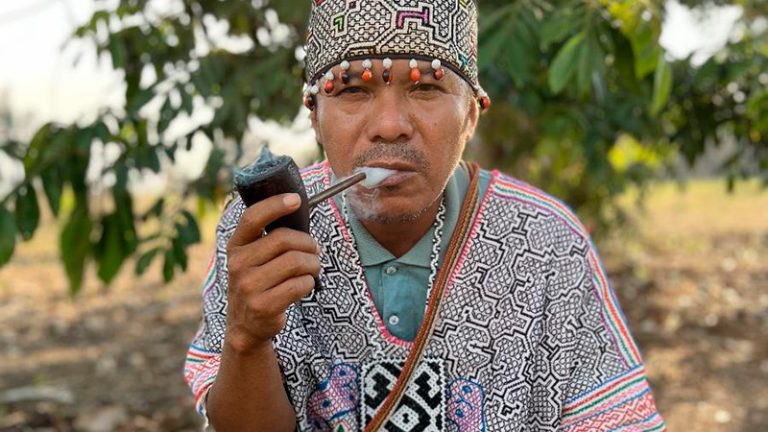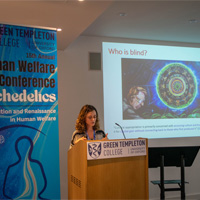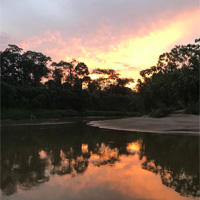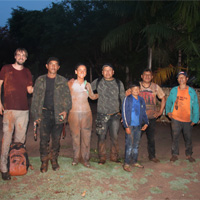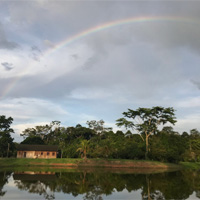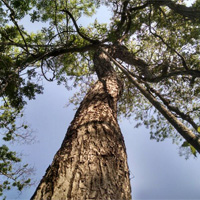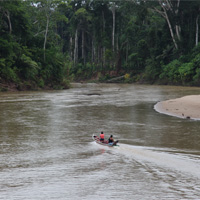Land-use change represents more than 60 percent of Brazil’s greenhouse gas (GHG) emissions, and the Amazon accounts for 65.2 percent of that amount, according to government figures, although those numbers are sometimes contested. Much of the deforestation in the country stems from the promotion of private enterprises, particularly ranching, timber and mining.
Since the 1980s, Brazil has taken steps to reduce deforestation, with the greatest success occurring between 2004 and 2016, when the rate decreased by 71 percent. Some of those measures involved actions for reducing emissions from deforestation and forest degradation (REDD+).




